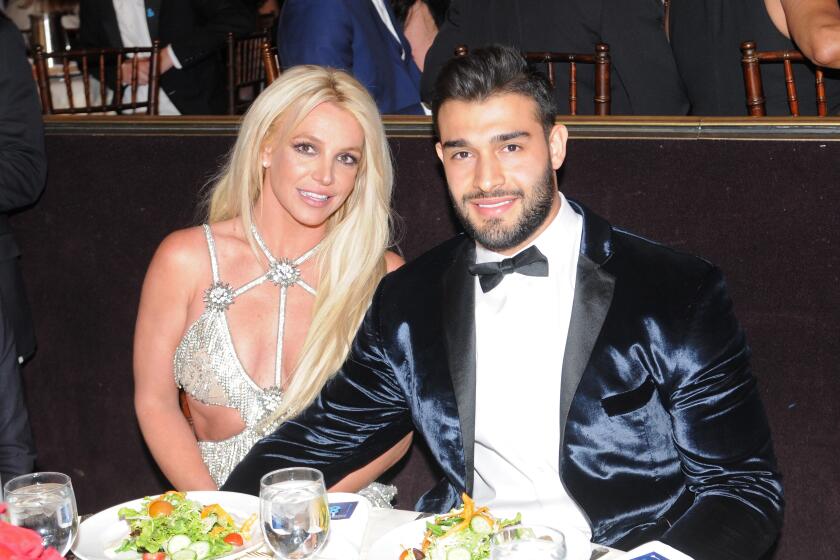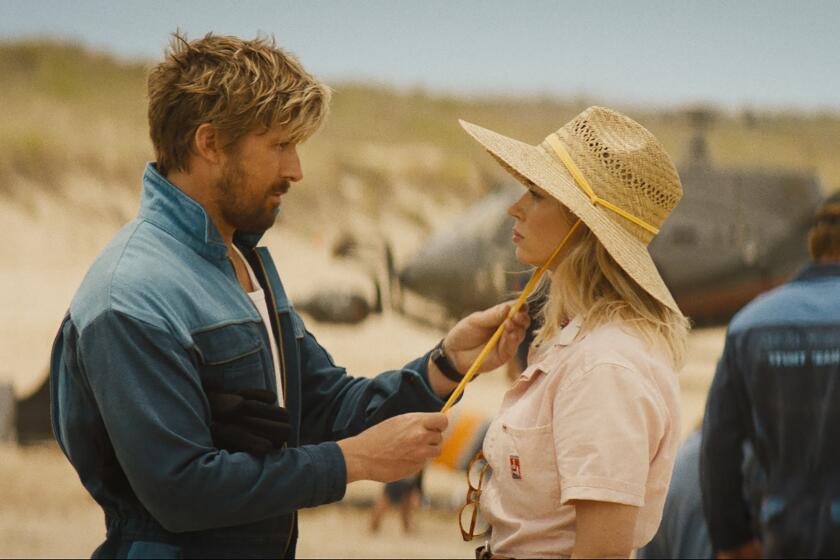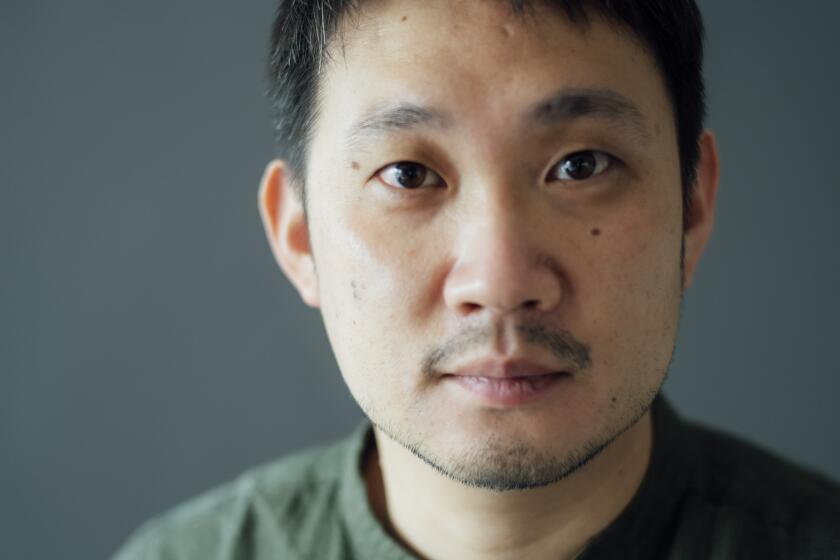TV MUSIC REVIEW : PBS SPECIAL: AT HOME WITH HOROWITZ
The thought of spending an intimate evening of music and conversation in the home of Vladimir Horowitz will undoubtedly cause piano aficionados to froth uncontrollably at the mouth.
Yet, one is left with the nagging feeling that an opportunity was missed in the 90-minute visit with the celebrated musician, presented at 8 tonight on Channel 24 and at 9 on Channels 28 and 15 (plus Saturday at 8 p.m., Channel 50) as part of the “Great Performances” series.
There is certainly plenty of brilliantly played--and filmed--music in “Vladimir Horowitz: The Last Romantic” (filmed in 1985, before that famous return to Moscow). The pianist proved an obliging host to the expert team of Albert and the late David Maysles, letting them photograph his performances from every imaginable angle.
Finger fans will be spellbound by the breathtaking close-ups of those still-youthful hands as they glide and pound through a variety of works ranging from a Bach-Busoni chorale prelude to a generous helping of Chopin.
Away from the keyboard, Horowitz is his ever-smiling, giddy self, sharing the couch with wife Wanda for a series of relaxing reminiscences. And that’s where the program disappoints.
Rather than invite an interviewer who might be able to dig through that Pollyanna exterior to probe the sensitive, often neurotic artist beneath, the Maysles utilized music producer Jack Pfeiffer, who merely smiled, laughed and nodded respectfully at Horowitz’s remarks.
There was no talk of those mysterious hiatuses from performing--nor of the sudden returns to the concert arena. What about the pianist’s thoughts on playing, on other pianists, on being “The Last Romantic”? What we get instead are anecdotal tidbits: His best friend, Rachmaninoff, was a nice man; Scriabin told his mother that her son would be a pianist, etc.
Though the Maysles kept their hand-held cameras in constant motion during the uninterrupted performing sequences, the viewer is not likely to suffer motion sickness, thanks to the cautious movements around the pianist (who seemed totally oblivious) and thanks to the engrossing performances.
His playing in works by Bach-Busoni, Mozart and Schubert gives lie to the widely held image of a pianist who prefers to storm the keyboard rather than caress it. Also revealing is one of Schumann’s “Novelletten”--in particular, Horowitz’s unwillingness to tackle it. Beforehand, we watch him do his “homework,” struggling, like any mortal, to conquer a treacherous passage or two, under the watchful eye of Wanda.
More to Read
The biggest entertainment stories
Get our big stories about Hollywood, film, television, music, arts, culture and more right in your inbox as soon as they publish.
You may occasionally receive promotional content from the Los Angeles Times.






